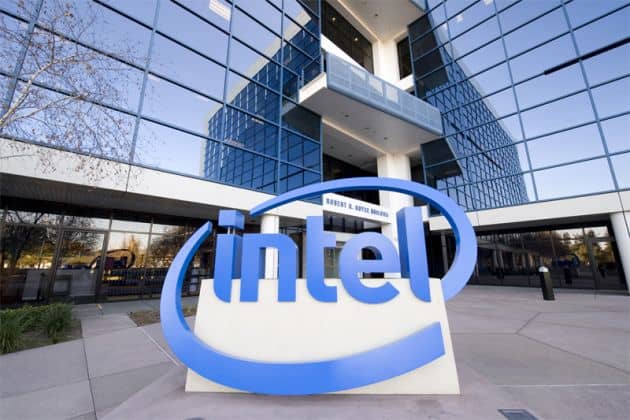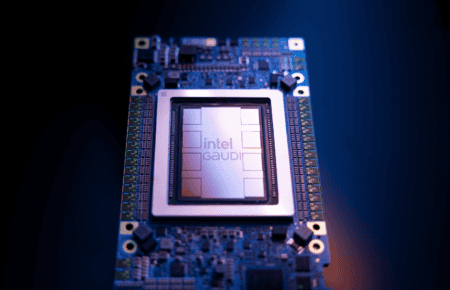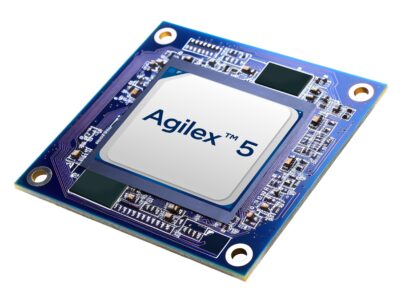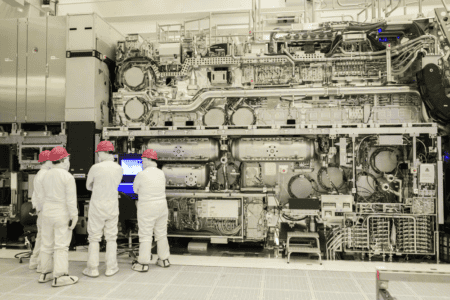Chip manufacturer Intel has made progress in the development of optical chips specifically designed for artificial intelligence (AI) workloads. Scientists at the company have developed techniques that bring optical neural networks closer to reality, reports Venturebeat.
Photonic integrated circuits, also known as optical chips, have to offer a series of advantages over their electronic brothers. These include lower energy consumption and faster processing speeds. Several researchers therefore think that they may have been made especially for AI workloads.
Now the chips are one step closer to becoming a reality. The authors of the research argue that earlier work has shown that a type of photonic circuit, known as a Mach Transmitter Interferometer (MZI), can be configured to perform a two-by-two matrix multiplication between amounts related to the phases of two beams of light.
When these small matrix multiplications are sorted into a triangular network to create larger matrices, they produce a circuit that implements a matrix vector multiplication. That’s an important computation in deep learning.
Two architectures
The Intel team considered two architectures to create an AI system from MZIs. These are GridNet and FFTNet. GridNet sorts the MZIs into a grid, while FFTNet puts them in a butterfly-like pattern.
After training the two in a simulation on a benchmark deep learning task of handwritten numerical recognition (MNIST), the researchers found that GridNet achieved a higher accuracy than FFTNet in the case of double-recision floating point accuracy. These are scores of 98 percent versus 95 percent. However, FFTNet was much more robust.
GridNet’s performance was below 50 percent when artificial noise was added. Those of FFTNet remained more or less constant.
Basic
According to the scientists, this research lays the foundation for AI software training techniques that may eliminate the need to refine optical chips after production, saving time and labour.
This news article was automatically translated from Dutch to give Techzine.eu a head start. All news articles after September 1, 2019 are written in native English and NOT translated. All our background stories are written in native English as well. For more information read our launch article.

















